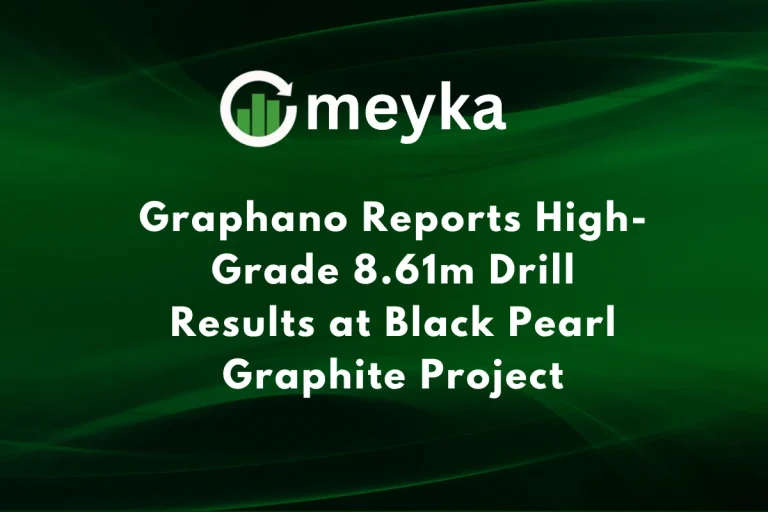IPO News: Picard Medical Prices $17 Million Initial Public Offering
Picard Medical has set its IPO price at $4 per share, targeting $17 million in total funds raised. This news lands hot and clear: the medical tech firm is going public, offering 4.25 million shares, with a potential 30-day option for underwriters to buy an extra 637,500 shares. The shares are set to begin trading on August 29, 2025, under the ticker PMI on the NYSE American.
What grabs our attention is what Picard Medical does. They make the SynCardia Total Artificial Heart (STAH), the only total artificial heart approved by both the U.S. Food and Drug Administration and Health Canada. Over 2,100 implants of the device have been completed across 27 countries.
We can’t help but ask: Why now? The company plans to use the IPO capital in smart ways. The proceeds will help fund research and development, especially for the Emperor, a fully implantable artificial heart that may one day eliminate the need for external drivers. They’ll also push expansion in China via their joint venture SynCardia Medical (Beijing), build up sales and marketing muscle, increase inventory, pay off debt, and cover operations and working capital.
This move feels strategic. We are seeing a company with groundbreaking, life-saving technology entering the public market. The IPO could drive new growth and innovation. At the same time, we know medical-device firms face tough hurdles, from deep pockets required for R&D to strict regulation. So we’re keen to explore: How will this funding shape Picard Medical’s future?
Company Overview
Based in Tucson, Arizona, Picard Medical produces the SynCardia Total Artificial Heart (STAH), the sole total artificial heart approved by the U.S. Food and Drug Administration (FDA) and Health Canada. The STAH is a life-saving device designed for patients suffering from biventricular heart failure who are awaiting heart transplants. Since its inception, over 2,100 implants have been performed in more than 27 countries.
IPO Details
- Share Price: $4.00 per share
- Shares Offered: 4.25 million shares
- Gross Proceeds: $17 million
- Ticker Symbol: PMI
- Exchange: NYSE American
- Expected Trading Date: August 29, 2025
- Underwriters’ Option: An option for underwriters to purchase up to an additional 637,500 shares within 30 days from the closing date of the offering to cover over-allotments, if any.
Market Context and Timing
The medical technology sector has seen a steady influx of IPOs in recent years, driven by advancements in healthcare and increasing demand for innovative medical devices. Picard Medical’s decision to go public comes at a time when investors are showing heightened interest in companies that offer unique solutions to critical health issues. The timing aligns with a growing recognition of the importance of addressing heart failure and the potential for artificial heart technologies to meet this need.
Strategic Significance for Picard Medical
The capital generated from the IPO is designated for a range of strategic projects:
- Research and Development: Pushing forward the “Emperor” system, a fully implantable, self-powered artificial heart designed to remove the need for external power.
- International Expansion: Strengthening the company’s presence in China through its joint venture, SynCardia Medical (Beijing), to tap into the growing demand for advanced cardiac care in the region.
- Sales and Marketing: Enhancing efforts to increase awareness and adoption of the STAH among healthcare providers and patients.
- Debt Reduction: Addressing existing liabilities to improve financial stability and flexibility.
Investor Perspective
Investors may find Picard Medical’s IPO appealing due to the company’s unique position in the medical device industry. The STAH’s FDA and Health Canada approvals provide a competitive edge in a niche market. However, potential investors should consider the risks associated with the specialized nature of the product. The capital-intensive requirements for further development, and the challenges of scaling operations internationally. The modest size of the IPO may also limit the immediate impact on the company’s growth trajectory.
Industry Outlook
The global market for artificial heart devices is poised for growth, driven by an aging population, increasing prevalence of heart diseases, and advancements in medical technologies. Companies like Picard Medical are well-positioned to capitalize on these trends by offering innovative solutions that address critical gaps in cardiac care. The success of the STAH and the development of the Emperor system could significantly contribute to improving patient outcomes and expanding the company’s market share.
Financial and Valuation Insights
Prior to the IPO, Picard Medical’s valuation was estimated based on its revenue projections, market potential, and the uniqueness of its product offerings. The pricing of the IPO at $4.00 per share reflects the company’s current financial standing and growth prospects. Post-IPO, investors will closely monitor the company’s performance, including revenue growth, profitability. And the successful execution of its strategic initiatives, to assess its valuation and investment potential.
Conclusion
Picard Medical’s $17 million IPO represents a key milestone in its mission to grow its influence in cardiac care. With a unique product portfolio, strategic growth plans, and a commitment to innovation, Picard Medical is poised to make meaningful contributions to the healthcare industry. As the company transitions into the public market, stakeholders will be keenly observing its progress and the realization of its strategic objectives.
Disclaimer:
This content is for informational purposes only and is not financial advice. Always conduct your research.






